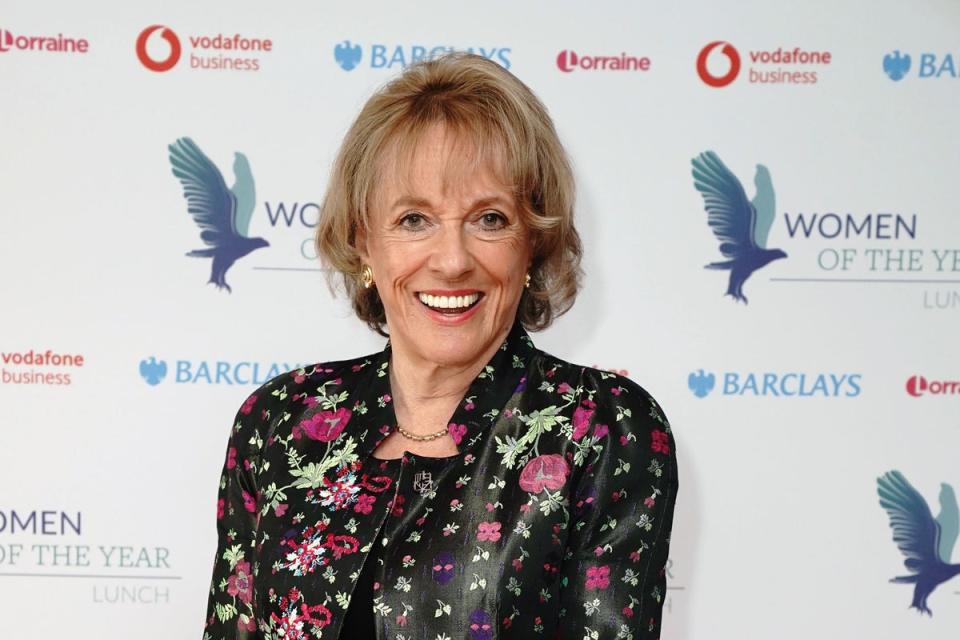What is Dignitas? Assisted-dying group backed by Dame Esther Rantzen sees rise in UK members

The number of British people who are members of Dignitas, a Swiss assisted dying association, has reportedly risen by 24 per cent during 2023.
There has been a surge in interest in the assisted dying clinic in the past year, the Guardian has reported, with Dame Esther Rantzen among the new members.
The Childline founder, 83, has lung cancer and has said she will consider assisted dying if her condition does not improve.
She is one of 1,900 Dignitas British members, making the country the second most represented within the charity.
Germany has the most members but with home assisted dying now allowed there, Britain could soon become number one.
Here is what it all means.
What is Dignitas?
Dignitas is a Swiss organisation providing physician-assisted suicide to members with terminal illnesses or severe physical or mental illnesses.
It provides advisory work on palliative care, healthcare advance directives, suicide attempt prevention, and legislation for right-to-die laws worldwide.
Swiss lawyer Ludwig Minelli, who specialises in human rights law, founded the organisation in 1998.
The term "dignitas" comes from Latin and refers to dignity or worthiness.
Why has it become popular in Britain?
The NHS defines assisted dying as “the act of deliberately assisting another person to kill themselves”.
“If a relative of a person with a terminal illness obtained strong sedatives, knowing the person intended to use them to kill themselves, the relative may be considered to be assisting suicide,” it says.
Euthanasia and assisted suicide are both illegal in the UK. The latter is punishable by up to 14 years in prison, while the maximum penalty for euthanasia is life imprisonment.
To get around this, Britons have looked abroad to where assisted dying is legal.
It is legal (in certain circumstances) in Switzerland, the Netherlands, Spain, Belgium, Luxembourg, Canada, Colombia and New Zealand. It is also allowed in Victoria, Australia and some US states.
Some of the specific circumstances under which it is permitted include if someone is experiencing unbearable suffering, with no hope of getting better.
The laws and specific circumstances vary from country to country.
What is the Government’s position on assisted dying?
In September 2015, the House of Commons rejected the Assisted Dying (No 2) Bill but new bills could be considered.
Labour said it would give MPs a free vote on the issue should it win the next general election and a bill is set to come before the Scottish Parliament.
Dignitas has said: “The British Government and Parliament have been dragging their feet for a long time and such people reach out to places where they feel [they are] being taken more seriously.”
However, there are many opponents of the practice, with more than 1,500 writing to the then-health secretary Sajid Javid in 2021 with their concerns.
Alistair Thompson, of Care Not Killing, has said that “we are still failing to ensure the availability of good-quality palliative care” regarding people wanting to end their lives rather than seek treatment through a crisis-hit NHS. Care Not Killing is an organisation opposed to the legalisation of euthanasia or physician-assisted suicide in the UK.
The Government has previously said: “If the will of Parliament is that the law on assisting suicide should change, the Government would not stand in the way of such change.”

 Yahoo Movies
Yahoo Movies 